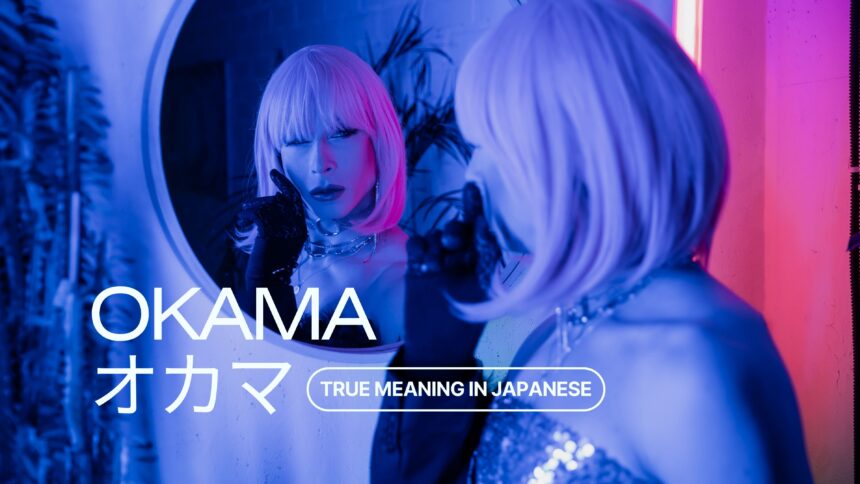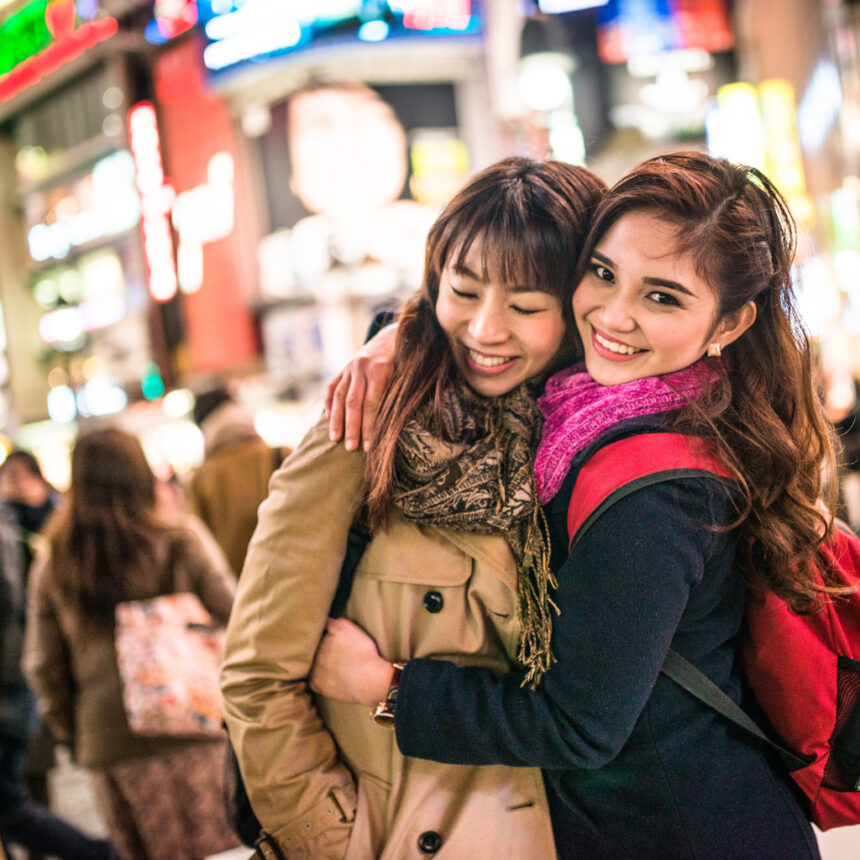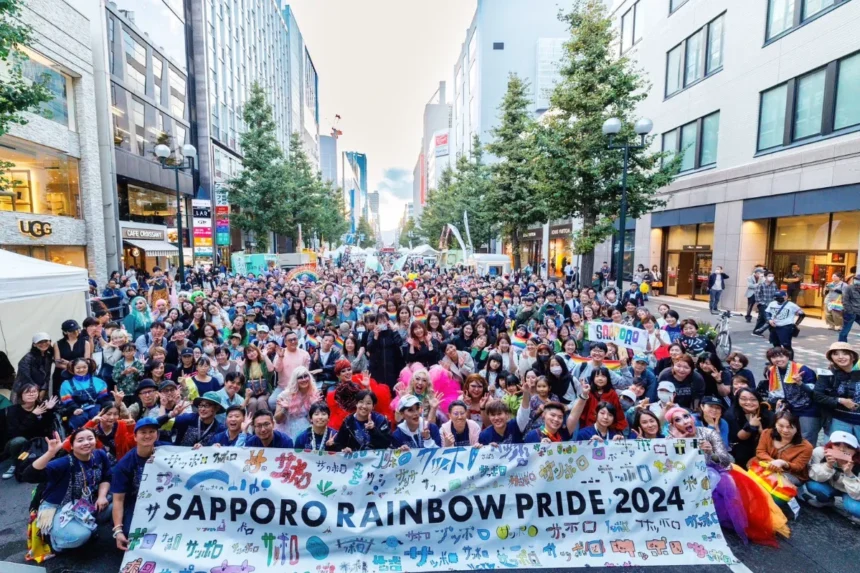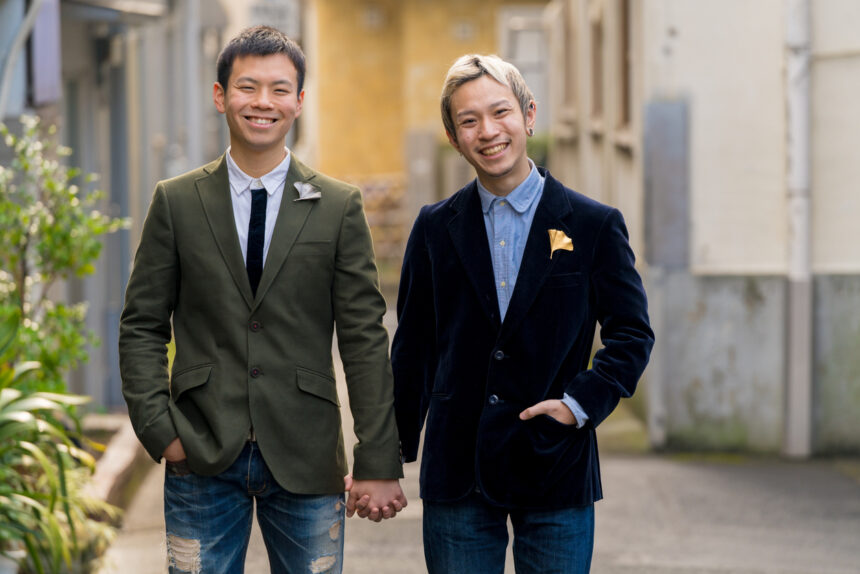Okama (おかま) is a Japanese LGBTQ+ slang term that often comes up when people talk about gender identity and LGBTQ+ culture in Japan. At first glance, the word may sound casual or even playful, but its history is complicated. For decades, okama in Japan has been used to describe effeminate men, drag performers, or those who do not fit traditional masculine roles. While it gave queer identities some visibility in Japanese culture, the word is also tied to stereotypes and is now widely seen as outdated, and in many cases, offensive.
What Does ‘Okama’ Mean in Japanese
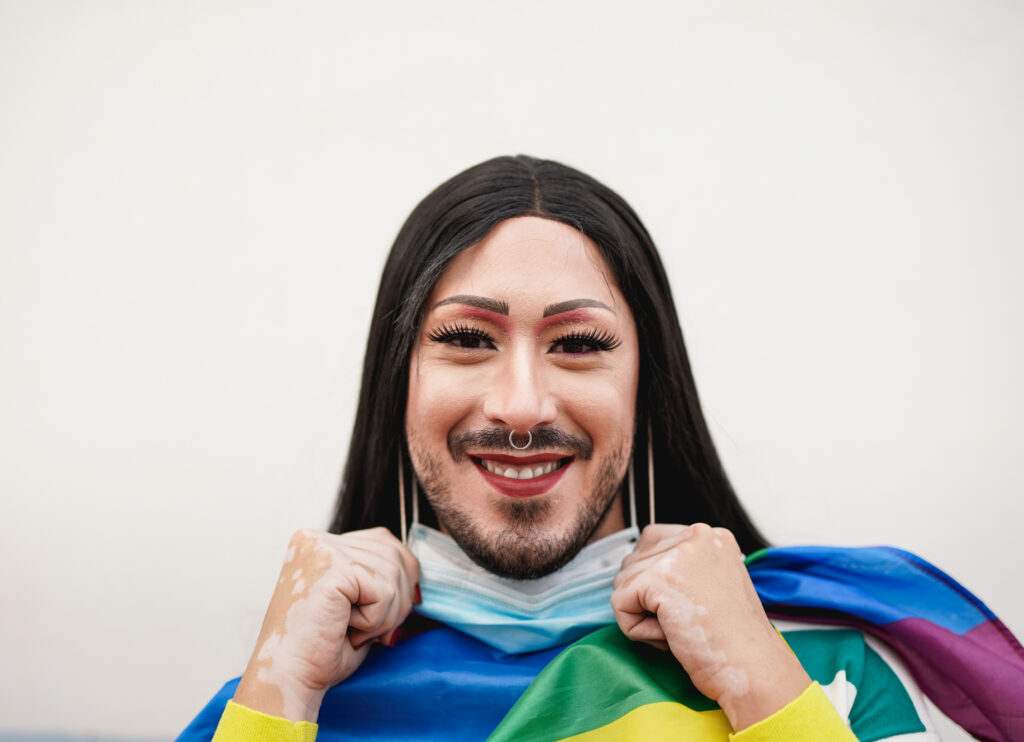
Literally, okama means “cooking pot.” Over time, however, it developed into slang referring to men who present in feminine ways or who do not fit traditional masculine gender roles. It has been applied to:
- Effeminate gay men
- Drag queens or cross-dressing performers
- People socially perceived as blurring male gender norms
Because of these associations, the word has long been used as a label for queer people, often in ways that stereotype or simplify their identities.
‘Okama’ in Japanese Culture
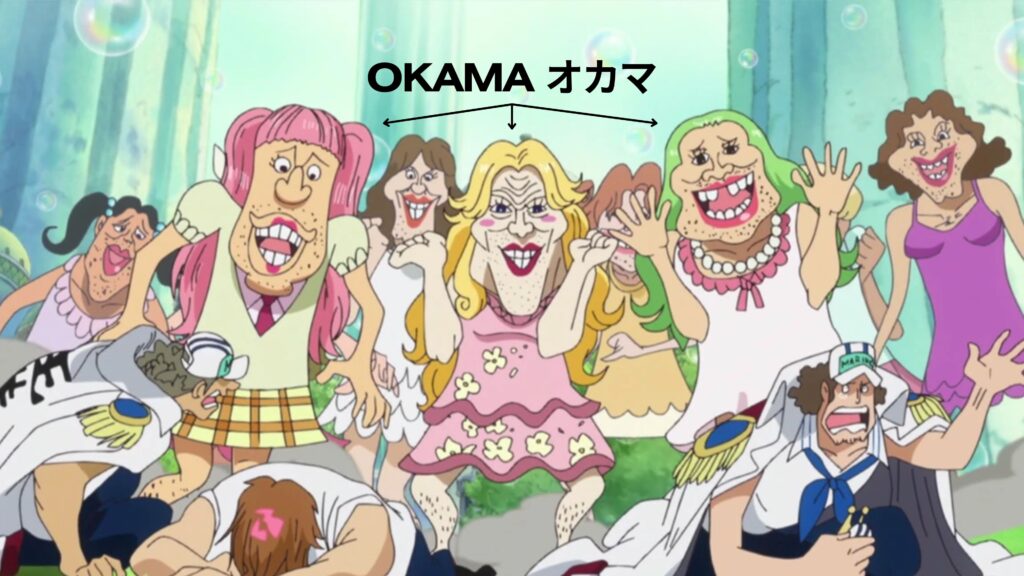
source: One Piece Fandom – Okama in One Piece manga
The use of okama in Japanese culture has roots in postwar slang and LGBTQ+ nightlife. In entertainment districts such as Tokyo’s Shinjuku Ni-chome, okama bars became known as venues where drag performers or effeminate hosts entertained clients.
Beyond nightlife, okama gained wide recognition through television comedy and variety shows during the 1970s and 1980s. Queer characters labeled as “okama” were often exaggerated and flamboyant, providing comic relief rather than authentic representation.
This cultural exposure brought visibility to queer people, but it also reinforced narrow stereotypes, limiting how society understood LGBTQ+ identities.
Is ‘Okama’ Considered Offensive?
In contemporary Japan, okama is generally considered offensive. For many LGBTQ+ people, being called okama reduces their identity to a stereotype. Its use in media and casual speech often carried tones of ridicule, which is why the word has a negative reputation today. Some queer communities may still use the word among themselves or in nightlife contexts, but outsiders should avoid it.
Modern alternatives such as: gay (ゲイ), transgender (トランスジェンダー), or X-gender (エックスジェンダー) are more accurate and respectful.
‘Okama’ in Japanese Media and Popular Culture
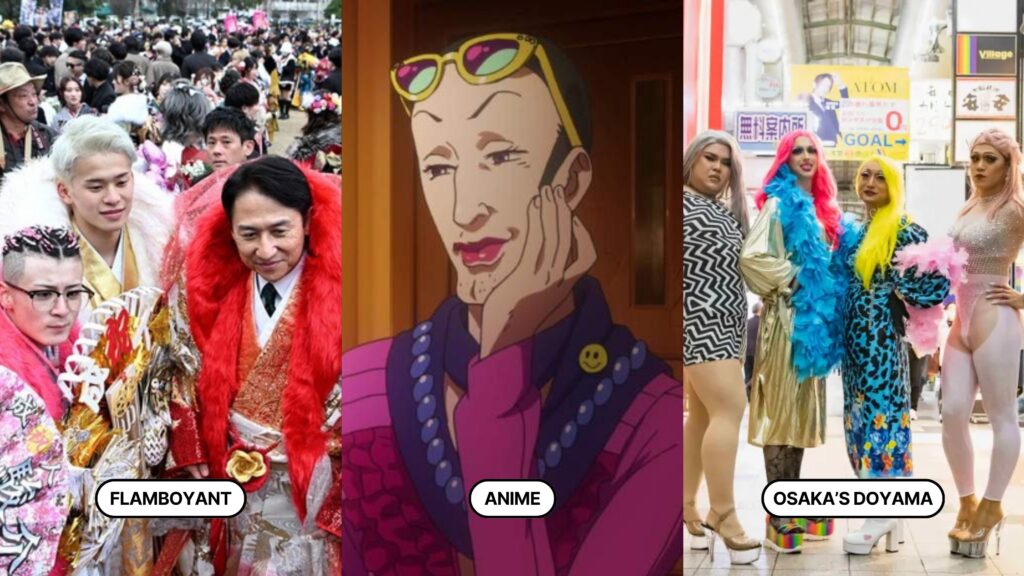
The word okama still appears in Japanese media, usually tied to stereotypes. Examples include:
- Variety shows featuring flamboyant “okama talents.”
- Anime or manga characters using exaggerated feminine speech patterns.
- LGBTQ+ nightlife in Ni-chome or Osaka’s Doyama, where some bars still market themselves as okama bars.
While these portrayals created visibility, they also reinforced the idea that LGBTQ+ people existed mainly as entertainers or comic characters, not as ordinary members of society.
Frequently Asked Questions
What does okama mean in Japan?
Okama is a slang term historically used to describe effeminate men, drag performers, or gay men. Its literal meaning is “cooking pot,” but socially it became linked to gender non-conformity.
Is okama offensive?
Yes. It is considered derogatory today, especially when used by non-LGBTQ+ people. While some communities may reclaim the term, it is safer and more respectful to avoid it.
What is the role of okama in Japanese culture?
Okama has been part of Japan’s queer subcultures, especially in nightlife and entertainment. It brought visibility through bars and TV shows, but usually in stereotyped or comedic roles rather than authentic representation.
Are there still okama bars in Japan?
Yes. In LGBTQ+ districts like Shinjuku Ni-chome, some bars still identify as okama bars, though the label reflects older cultural slang.
What terms are preferred today?
Younger LGBTQ+ people in Japan generally prefer terms like gay, transgender, or X-gender, which are more affirming and less tied to stereotypes.
